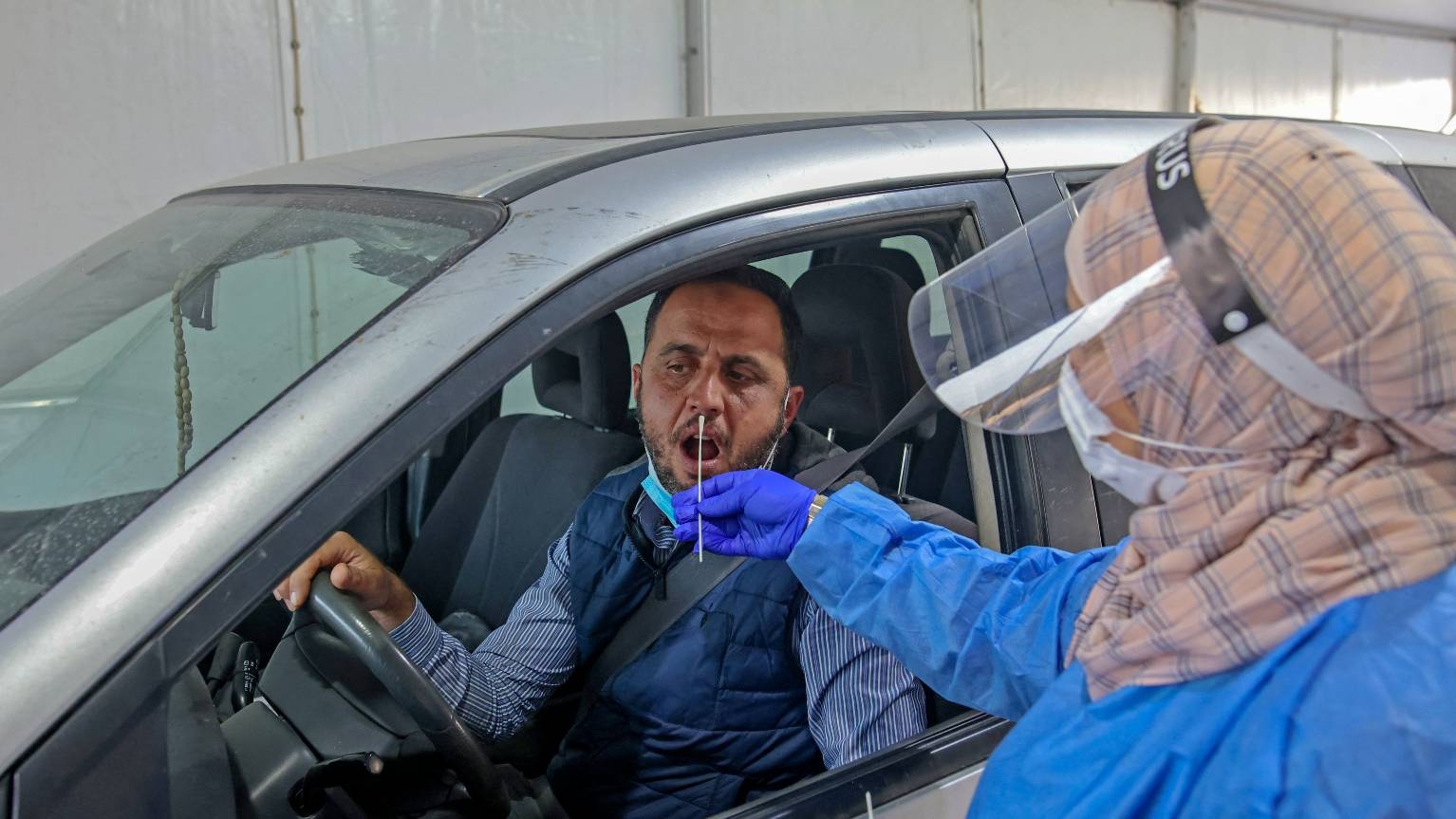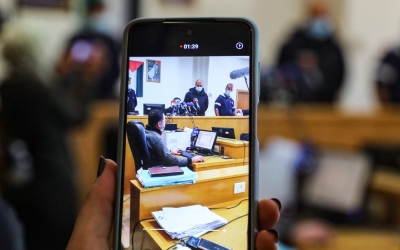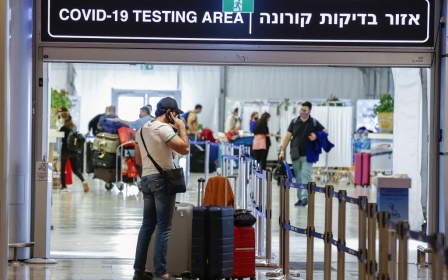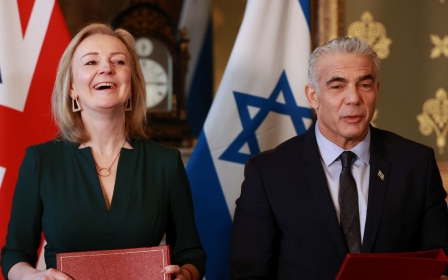Omicron: Israel's Supreme Court rejects petition to revoke surveillance of carriers

Israel's Supreme Court on Thursday rejected a petition from rights groups to abolish a new Covid-19 measure that gives Shin Bet, the country's internal intelligence agency, overarching power to monitor and track phones to tackle the spread of the new variant Omicron.
In its ruling, Israel's top court said: “Considering the uncertainty around the Omicron variant and its effects, and considering the matter concerns a five-day directive that ends tomorrow, it has not been proven that the Shin Bet authorisation poses a disproportionate infringement on the right to privacy which would justify its striking down.”
On Monday, several rights groups had asked the court to revoke a measure initiated by Prime Minister Naftali Bennett to allow Shin Bet to use an espionage toolkit already deployed against Palestinians in the occupied West Bank, East Jerusalem and besieged Gaza Strip, but this time against Israeli citizens.
On Saturday, Bennett said that tracking Israeli phones would help locate carriers of the new Covid-19 variant and curb its transmission in the country.
However, the Association of Civil Rights in Israel (ACRI), Doctors for Human Rights and Privacy in Israel, and Adalah objected to the move, saying it violated previous Supreme Court's rulings over such surveillance.
"Operation of the Secret Service to trace citizens violates the basic trust between the citizen and the government," ACRI said in a statement.
Israel had used surveillance powers on and off since the pandemic hit the country in March 2020. But, first, the Knesset had to pass a temporary law, which was renewed and extended several times to allow the Shin Bet to track Covid-19 patients.
In September, the Knesset gave the authorities the power to use an app that monitors and tracks people in quarantine, hold video calls with them, and anyone who deletes the app would be subject to a penalty.
An official in Israel's Ministry of Health said on Sunday that the use of phone tracking would be "surgical" in nature, limited to those who tested positive with Covid-19 and those who are "suspects" of carrying the new variant.
Israel has confirmed at least two cases of Omicron and at least 17 others are suspected of having contracted it.
Following the discovery of the variant, Israel placed Botswana, Eswatini, Lesotho, Mozambique, Namibia, South Africa and Zimbabwe on its red list.
Israel was one of the first countries in the world to launch a vaccine campaign to inoculate its population after striking a deal with Pfizer for millions of vaccines in exchange for data on the vaccine's efficacy.
Middle East Eye propose une couverture et une analyse indépendantes et incomparables du Moyen-Orient, de l’Afrique du Nord et d’autres régions du monde. Pour en savoir plus sur la reprise de ce contenu et les frais qui s’appliquent, veuillez remplir ce formulaire [en anglais]. Pour en savoir plus sur MEE, cliquez ici [en anglais].





